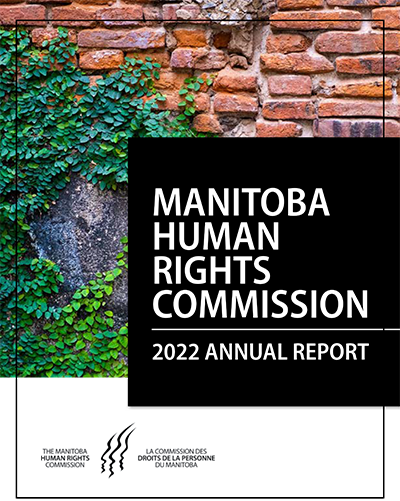Manitoba Human Rights Commission Report Reveals Widespread Literacy Challenges, Calls for Systemic Overhaul

Winnipeg, Manitoba – The Manitoba Human Rights Commission (MHRC) has released a comprehensive report, "Supporting the Right to Read in Manitoba," on October 31, 2025, highlighting significant deficiencies in the province's approach to literacy education. The 137-page report underscores that many children, particularly those with disabilities, face systemic barriers preventing them from accessing a "basic and essential human right" to learn to read. Anna Stokke, a prominent advocate, expressed enthusiasm for the report's release, stating, "Love this! From Una Malcolm at Manitoba Human Rights Commission Right to Read Report release."
The report, a culmination of a 2023 survey of students, parents, and school staff, found that the current methods used to teach reading in Manitoba schools are often ineffective. It advocates for the adoption of a "direct, explicit, systematic and cumulative approach" to reading instruction, similar to that implemented in Ontario. Provincial data from fall 2024 indicates that only 44.9 percent of Grade 3 students in Manitoba meet English literacy expectations, with this figure dropping to 27.7 percent for Indigenous third graders.
Among its dozens of recommendations, the MHRC calls for universal early screening for reading difficulties, improved teacher training, and enhanced access to assistive technologies. However, the report cautions that screening alone is insufficient without adequate support systems. Natalie Riediger, a parent of two children with dyslexia, shared her struggles, stating, "I took my children out of the public education system because the system just could not accommodate them."
The Manitoba Teachers' Society (MTS) welcomed the report but emphasized that its goals cannot be achieved without substantial new investments in public education. MTS President Lillian Klausen stated, "Screening without support is just a diagnosis without treatment," advocating for more clinicians, resource teachers, speech-language pathologists, and psychologists. The MHRC plans to monitor the province's implementation of changes and release updated findings in 2026-27.